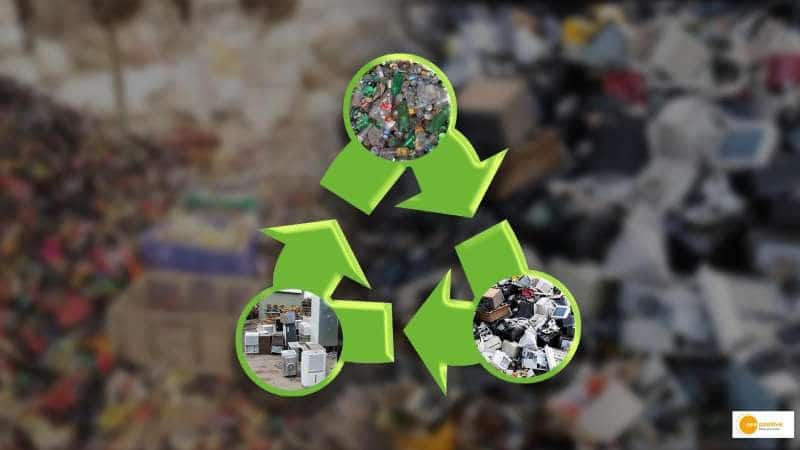Sustainable processes plastic e-waste 04-02-2023 - Arhive
Sustainable processes plastic e-waste
-Researchers Working on sustainable processes for dealing with plastic and e-waste
Plastic and e-waste are produced in massive quantities in India, particularly with the exponential increase in the use of electronic devices. If some steps are not developed and implemented throughout the country as soon as possible then e-waste may cause long-term ecological and environmental degradation. In concern of this increasing problem, a research group led by Prof. K K Pant, Director of Indian Institute of Technology Roorkee (IIT), is working on the development of sustainable technology to combat the ever-increasing threat of plastic waste and e-waste while also creating wealth through a zero-waste discharge concept.
Through a zero-waste discharge concept, the researchers developed e-waste recycling processes in accordance with Indian ‘Smart Cities’ and ‘Swachh Bharat Abhiyan’ initiatives. The adopted methodology is divided into two steps: pyrolysis of e-waste and metal fraction separation, and individual metal recovery. Sustainable processes plastic e-waste
The proposed closed-loop recycling process has the potential to be scaled up and used as an environmentally friendly alternative to traditional acid-leaching techniques, which pose significant risks.
Model of reusing and recycling materials
Prof. KK Pant’s Research Group is working on several initiatives related to the ‘circular economy,’ a model of production and consumption that involves reusing and recycling existing materials and products for as long as possible. Several major government agencies and industries are supporting such initiatives. Group’s other research interests include Biomass Conversion to Fuels and Value-Added Chemicals, as well as Hydrogen from Biomass/RDF Gasification. Sustainable processes plastic e-waste
Based on the results of the lab-scale experiments, a 10 kg/h continuously operated pyrolysis pilot plant was designed. The calorific value of the pilot plant’s gaseous and liquid fuels is 28 MJ/kg and 30 MJ/kg, respectively. The main components of the gaseous product obtained from the pilot plant are H2 and CH4. The obtained metal fraction was then treated using various methods such as low-temperature roasting, alkali leaching, and methanesulfonic acid leaching to extract various critical metals such as Cu, Ni, Pb, Zn, Ag, and Au, and more than 90% of these metals were efficiently leached using these processes. Furthermore, precipitation, electro-deposition, and cementation techniques were used for individual metal separation. Sustainable processes plastic e-waste
Developing an integrated waste management strategy
In the case of plastic waste, the researchers at IIT Roorkee concentrated on developing an integrated waste management strategy that included the efficient use of waste polymer materials for the production of liquid range hydrocarbons via catalytic cracking. The developed two-step approach results in the complete conversion of waste plastic into value-added products consisting of 75% liquids and approximately 25% gas fraction.
The results show that when metal-based zeolite catalysts were used, the carbon chain length was significantly reduced to C5-C28, indicating that the obtained liquids are fuel-like products. Thermo-chemical conversion is expected to open up new avenues for large-scale waste plastics treatment, bolstering the overall economic viability of the developed process. Sustainable processes plastic e-waste

Sustainable processes plastic e-waste
